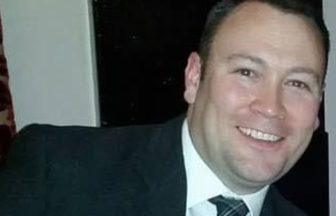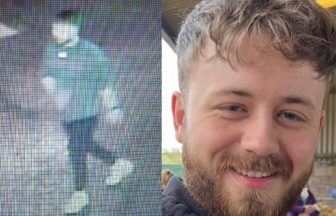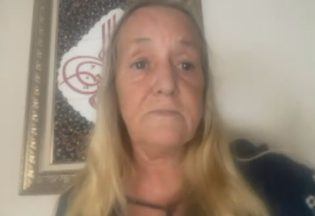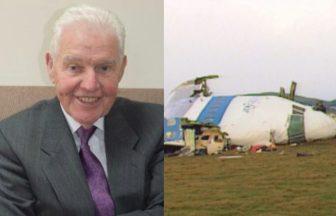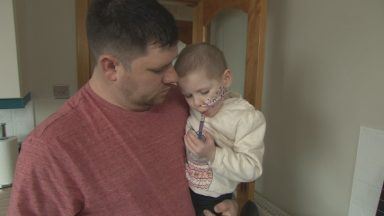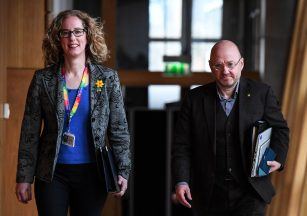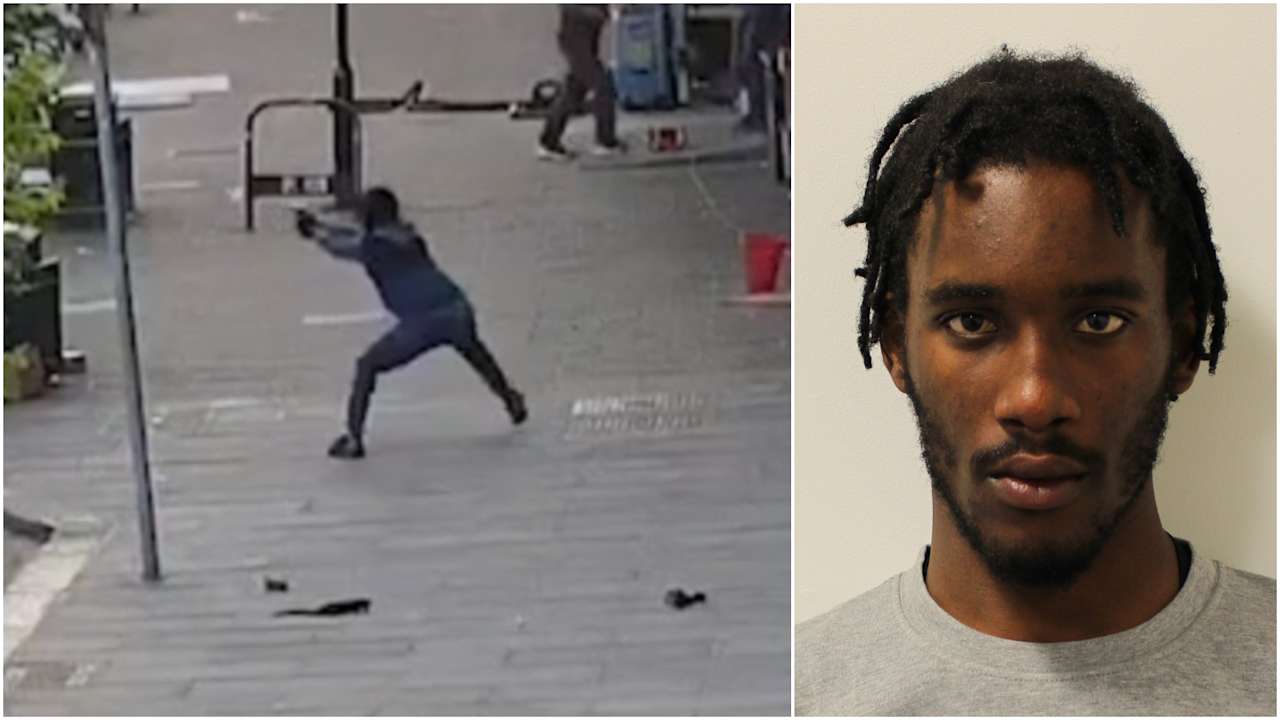The most difficult interviews for any journalist to conduct are the ones with people in acute pain.
The death of a loved one as a result of tragedy, the murder of a child, the fatal disabling that comes as a result of a crime; they all call for sensitivity when dealing with people whose emotional fragility is absolutely palpable.
In the early part of my career I detested conducting such interviews and felt a little dirty at sitting with a TV camera in the home of people in real distress.
I took two things from such interviews.
First, relatives of the direct victims of crime are damaged too because they live with the consequences. They are not collateral damage since that implies a distance from the crime. They are in a very real sense victims too. Their grievances have a right to be heard and any demands for reform of the justice system should be carefully considered.
The second conclusion that I came to was that it was for politicians to entertain grievance but act on calls for change in a rational way, free from the distress and emotion that can often spur demands for reform.
The proposal to amend parole rules to allow a prisoner’s failure to disclose the location of a victim’s body on deciding on release is a debate that needs to be had.
It has been dubbed ‘Suzanne’s Law’ in memory of Suzanne Pilley. She was killed by her partner David Gilroy in 2010. He has refused to say where her body lies.
I am uncomfortable with any change being named after one victim since there are invariably many victims who all deserve equal recognition. If I learned one thing from talking to the victims of crime it is that there is no hierarchy of grief.
I am not sure how I would vote on this proposal if I was an MSP. On the one hand it is beyond wicked to deny a family a semblance of closure and the law should continue to punish those who continue to inflict further suffering on the innocent.
From behind bars, criminal minds continue to manipulate victims and the media alike as the guilty play to a narrative of notoriety. Often their silence underlines a narcissism rooted in sociopathic behaviour. They exploit grief by concealing what they alone know. Jail is the best place for such people.
If I hesitate to give an unqualified ‘yes’ to this proposal it rests on one concern. The criminal justice system does not say that the convicted are guilty to a standard of mathematical certainty.
Rather it says that guilt has been established on the basis of evidence presented to a court and which ordinary citizens on a jury believe points to guilt beyond reasonable doubt.
With some convictions juries are split. Some accused are convicted on weak circumstantial evidence albeit evidence which meets the minimum threshold for prosecution. Guilt and innocence can turn on fine evidential margins.
The system is fallible because the system relies on the fallibility of the human condition which detects, prosecutes and ultimately judges.
If a person has been convicted of murder and is innocent, it goes without saying they might not be in a position to reveal where a body lies since they were not responsible for the act of homicide in the first place. Any change to the parole rules would therefore compound any injustice.
From prosecutors to defence agents, I do not get the sense that they believe that our prisons are filled with murderers whose convictions are unsafe. The system in that sense does its job. The capacity for this change to compound injustice would therefore seem limited.
But would one injustice be one too many?



